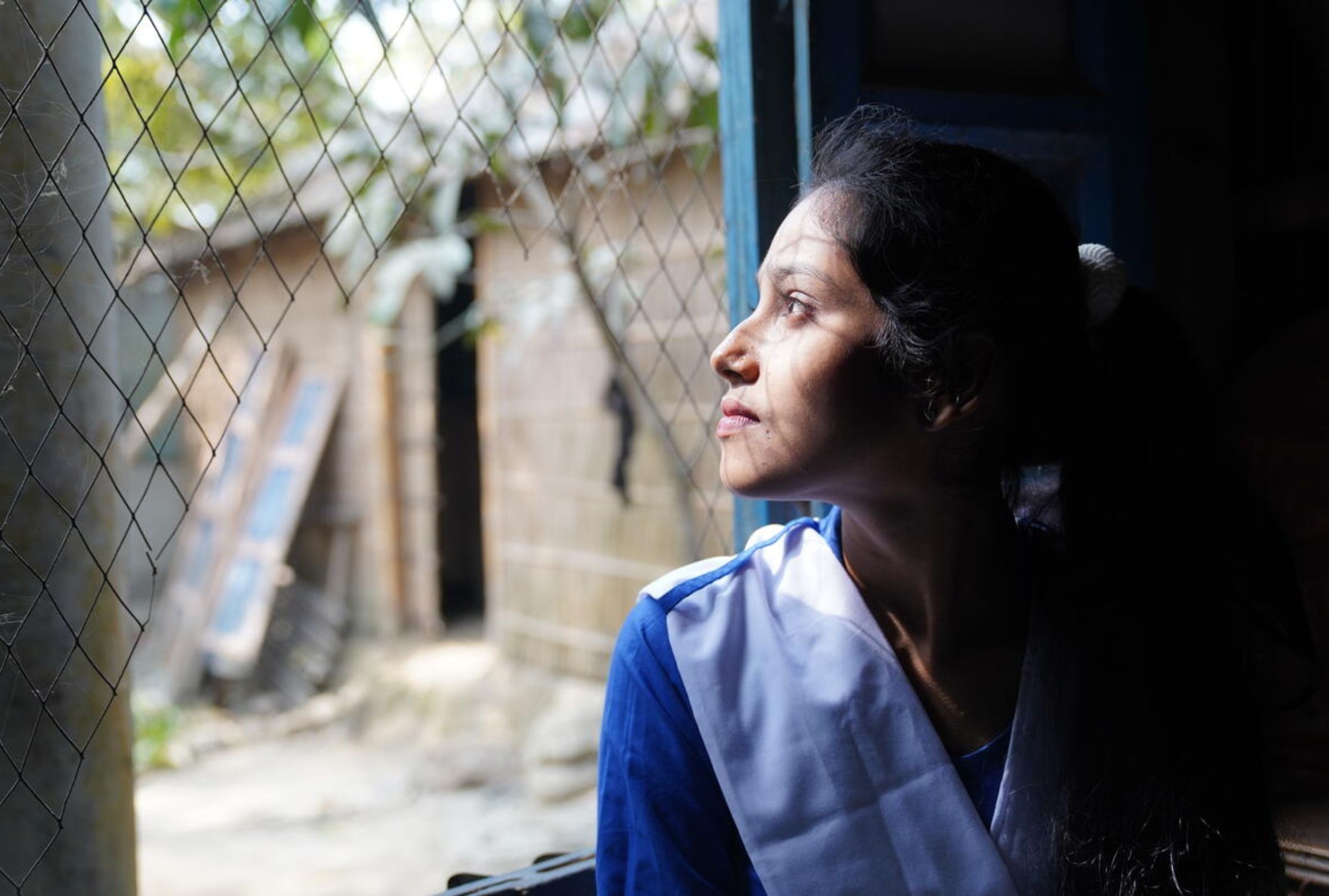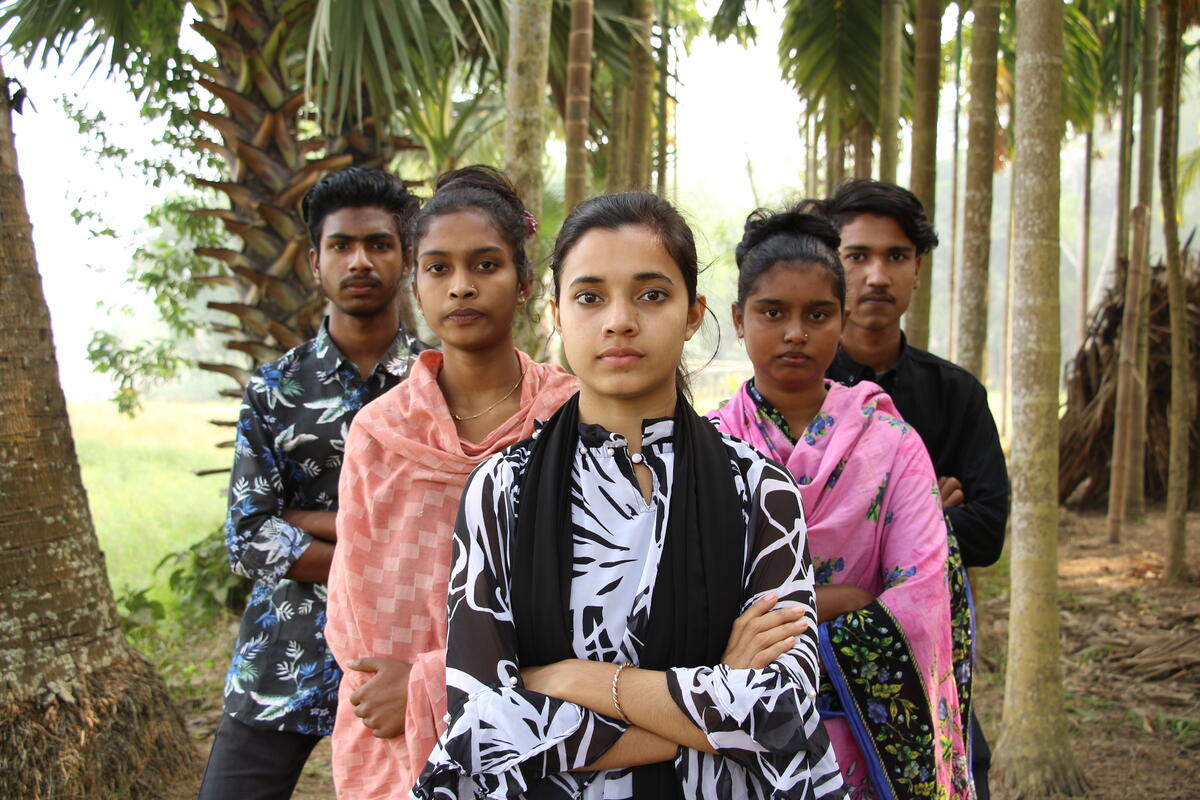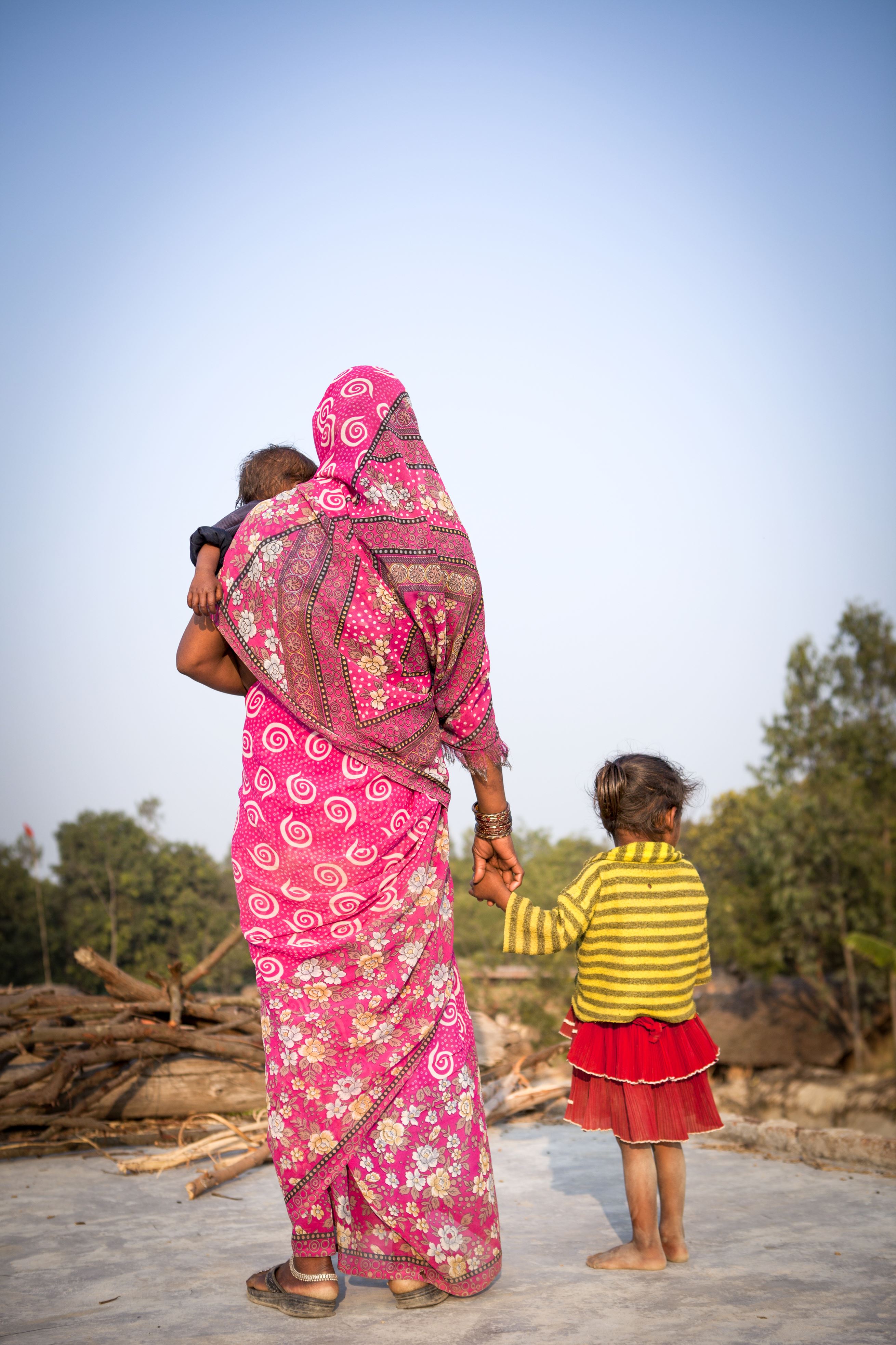What are the dangers of child marriage?
Adolescent pregnancies
Adolescent pregnancies can be incredibly dangerous for young girls across the world, and it’s found they are more common in those who are married. Having a child this young can set up the course of a girl’s life, where she is only able to fill the role of a mother from then on and misses out on vital education and work. Not only does this affect the girl, but the child, as children are 50% less likely to survive past five if they are born to an uneducated mother.
Complications in pregnancy or childbirth are another major issue. In fact, it’s such an issue that it’s the leading cause of death globally amongst girls from 15 – 19. So, for those who do get pregnant at a young age, there are very few positive outcomes to expect.
Lack of education
Even for those who don’t fall pregnant in their teen years, it can be very common that a young marriage will also mean leaving education and becoming a housewife for young girls. In many cultures, marriage can be the end goal for girls. Getting an education is seen as a stand-in until then, so when they do get married, education is all but forgotten about.
Reliance on the partner
A problem for young girls especially in a marriage is the reliance they will have on a partner. If education is abandoned and they are expected to stay at home, keep the house and look after the children, their reliance on their partner will increase which can lead to domestic violence and an environment that traps them. It can also be the case that girls are forced into marriage by their parents’ living conditions as a way to escape poverty, and they have nothing to return to should the marriage not be a positive experience (as unfortunately, many aren’t).




